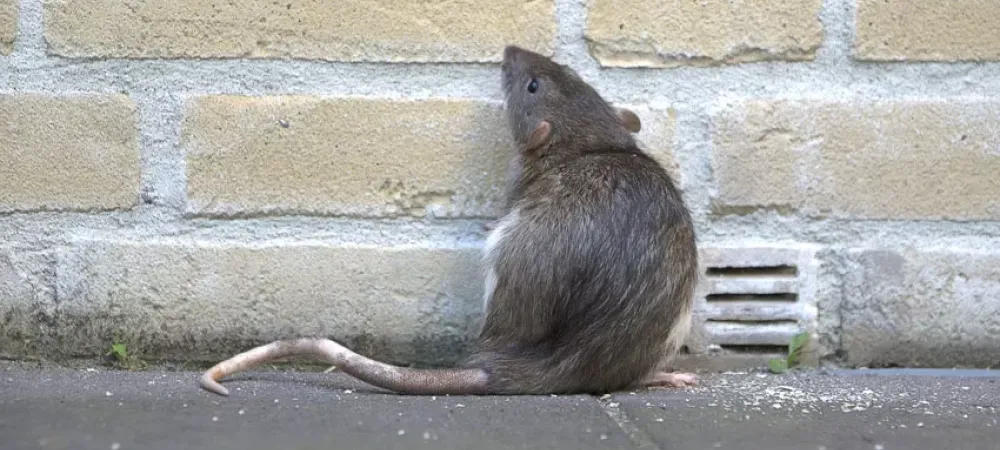How Much Does it Cost to Clean Up Rodent Feces?

Rodents are equal opportunity offenders. If you're a commercial or residential property owner in Brooklyn, Queens, Manhattan or Nassau County, you're bound to stumble upon a mouse or rat eventually. According to the National Pest Management Association, they're particularly prevalent in the cold weather months, invading an estimated 21 million homes, eager to escape the whipping winds and bone-chilling temperatures. If there is a hole or crevice the size of a nickel, dime or quarter, you can bet your bottom dollar a rodent will exploit it.
Prices Can be Wide-Ranging
One of the main factors when it comes to costs is the extent of the infestation. Generally speaking, professional exterminators work on an hourly rate. An initial assessment may be conducted prior to the actual cleanup process to see the extent of the infestation in your home, the amount of rodent droppings there are and where they're found. If they're in hard-to-reach places — such as under the floorboards, in walls or insulation — this will naturally take longer to address than if the droppings are in plain sight.
Another issue is decontamination. Again, given that rats and mice can transmit as many as 200 pathogens to humans and potentially household pets, the remnants from rat droppings must be removed in their entirety so residue doesn't stay behind. This may require certain decontamination applications and treatments to be released to fully and comprehensively detoxify the environment.
At Rudy's Exterminating Company, we specialize in rodent control and know exactly what to do to fix this common problem that millions of homeowners across the country experience. Here are a few basic things you can do to tackle this issue and keep your family safe, as recommended by the Environmental Protection Agency.
Identify the Source of the Infestation
Depending on the age of your home, there are any number of places on your property that rodents can access. Basements are among the most common areas. As previously noted, mice can find their way into a hole that's the size of a tiny coin. However, bathrooms are another frequent point of entry: In fact, rodents — particularly rats, which have the strength to easily swim through sewage systems and up through toilets — are up to two times more likely to be found here than any other room in the home, according to the NPMA.
Determine What's Attracting Rodents
When it's cold outside, rodents naturally seek out a place of warmth to shield themselves from the elements. However, there may be things outside your residence that are causing them to hang around to begin with. For instance, if you have a nearby bird feeder, that may be contributing to the rodent problem. If you can, try to remove these food and other sustenance sources entirely. Generally speaking, if you see one rodent, there are likely others as well.
Seal Holes
Naturally, once you find the hole(s), you need to patch them up so rodents can no longer find their way in. You have several ways of approaching this. For example, if you're looking to do something that is more permanent so the hole is completely eliminated, you'll need to buy the right resources from a home improvement store, such as drywall, drywall screws, and joint compound. If you want to wait to do this later, a temporary solution may be using steel wool or an adhesive mesh patch.
If rodent feces are your problem, Rudy's Exterminating Company is your solution. We respond to all inquiries within 24 hours and will work with you to determine the optimal pest management strategy for your needs and budget. Contact our Astoria exterminators today to learn more about our rodent control services!
